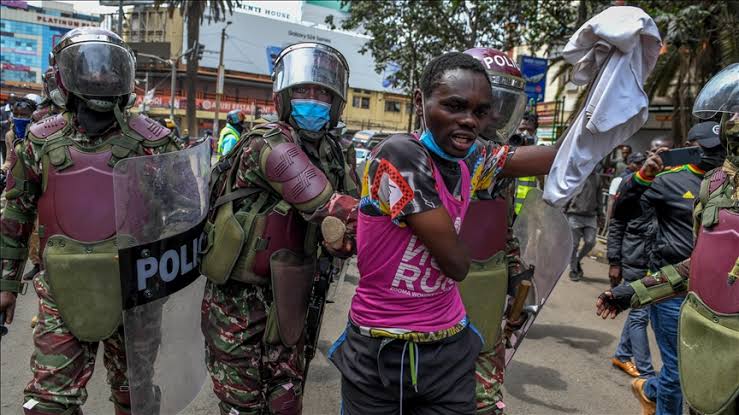
The Trust Deficit: How Kenya’s Leadership Crisis is Eroding Public Confidence.


Trust is foundational to any functional society, defined as a firm belief in the reliability, truth, or ability of someone or something. Yet, Kenya today grapples with a significant deficit of trust across multiple sectors. What are the consequences when this trust erodes?
Earlier this year, Kenya’s grey-listing by the Financial Action Task Force (FATF) was a stark indication of international concern regarding our commitment to tackling corruption and money laundering. This designation undermines our global reputation, leading to higher borrowing costs and signaling a lack of confidence in our financial systems.
Compounding the issue, Moody’s downgrade of Kenya to ‘junk status’ has cast further doubt on our ability to manage debt effectively. Triggered by public rejection of the Finance Bill 2024 and ongoing protests demanding better governance, this rating reflects a broader crisis of trust. The dissatisfaction with current leadership has become evident as citizens call for more transparent and accountable governance.
Political inconsistencies exacerbate this trust deficit. Leaders who once fiercely criticized the administration now accept positions within it, leading to questions about their previous stances. For instance, how can the public trust leaders who shift from condemning the President to praising him when offered a job? Such abrupt changes foster skepticism and weaken public confidence.
The erosion of trust extends to law enforcement and judicial processes. The murder of Rex Masai during protests, coupled with a lack of witness cooperation, underscores a deeper mistrust in authorities. The Independent Policing Oversight Authority’s struggle to receive cooperation from the police further compounds this issue, highlighting the widespread lack of faith in the justice system.
The impact of this trust deficit is profound. Trust, once lost, is challenging to rebuild. In Kenya, this is evident in the public’s demand for transparency and proof of government decisions. Citizens are increasingly skeptical and require concrete evidence for every action taken by their leaders.
Trust is crucial for democracy and effective governance. It underpins the legitimacy of leaders and institutions and motivates citizens to participate in the democratic process. According to the OECD, key drivers of trust include reliability, responsiveness, integrity, openness, and fairness. To restore trust, Kenyan leaders must consistently demonstrate these qualities. Although rebuilding trust is a lengthy process, it is essential for a thriving democracy and good governance.
Article By Suzy Nyongesa.
